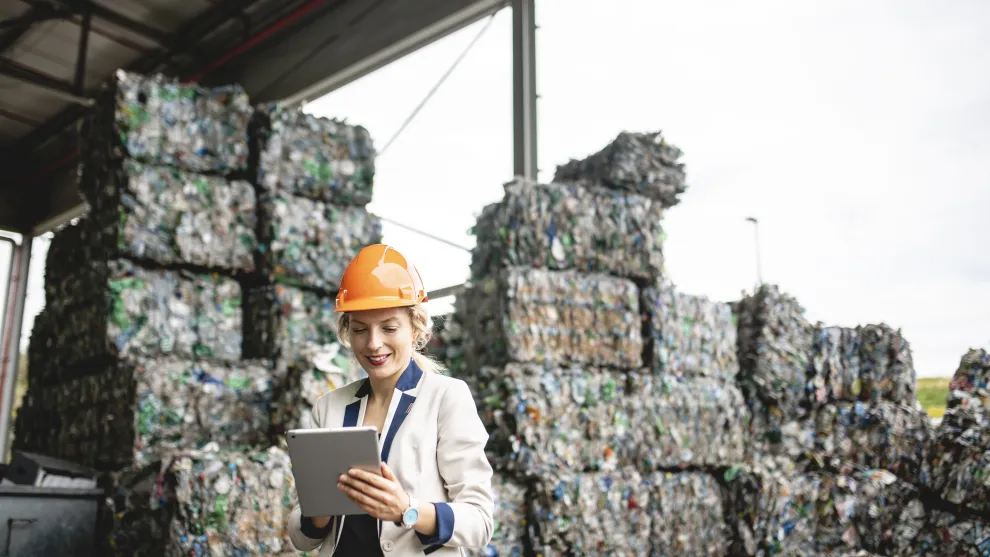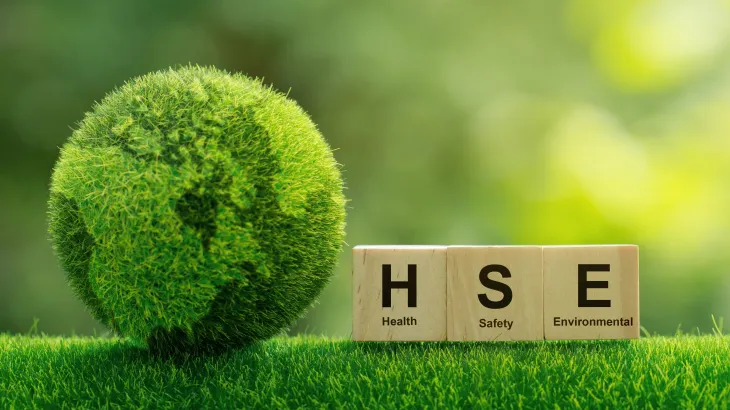Enabling sustainability
As population growth and urbanization continue, the world needs alternatives to traditional patterns of linear consumption and waste disposal.
Geocycle helps businesses rethink waste management by embracing the circular economy to decarbonize their activities and limit pollution.
The importance of sustainability in waste management
To ensure a sustainable future for the next generation, we need to avoid exhausting the planet’s resources, including raw materials and land.
Sustainability involves interconnected environmental, social and economic aspects. A negative impact in one area can have an unintended impact elsewhere. For example, environmental pollution can impact the health of local populations, or degrade land essential for agriculture.
Geocycle is dedicated to helping our partners meet their sustainability goals and provide peace of mind with our waste management solutions.

Geocycle supports clients’ sustainability goals
Geocycle rethinks waste and defines new waste management strategies that are sustainable for our customers, local communities and our business.
In 2023, Geocycle prevented an estimated 15 million tons of carbon emissions by diverting waste from landfills. Fewer landfills will lead to less pollution and contamination, ultimately improving the health of the surrounding communities and freeing up land for human use.
We have three aims:
- Reducing carbon emissions and the consumption of natural resources
- Recycling materials
- Recovering non-recyclables
Our scientifically proven solutions aim to recover energy from non-recyclable material and lower the reliance on carbon-intensive resources from waste.
We work with industries and municipalities alike to implement practical solutions for waste treatment. We utilize existing infrastructure to reduce dependence on imported energy, reduce carbon emissions and create job opportunities for the local community.









